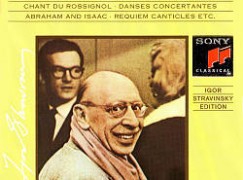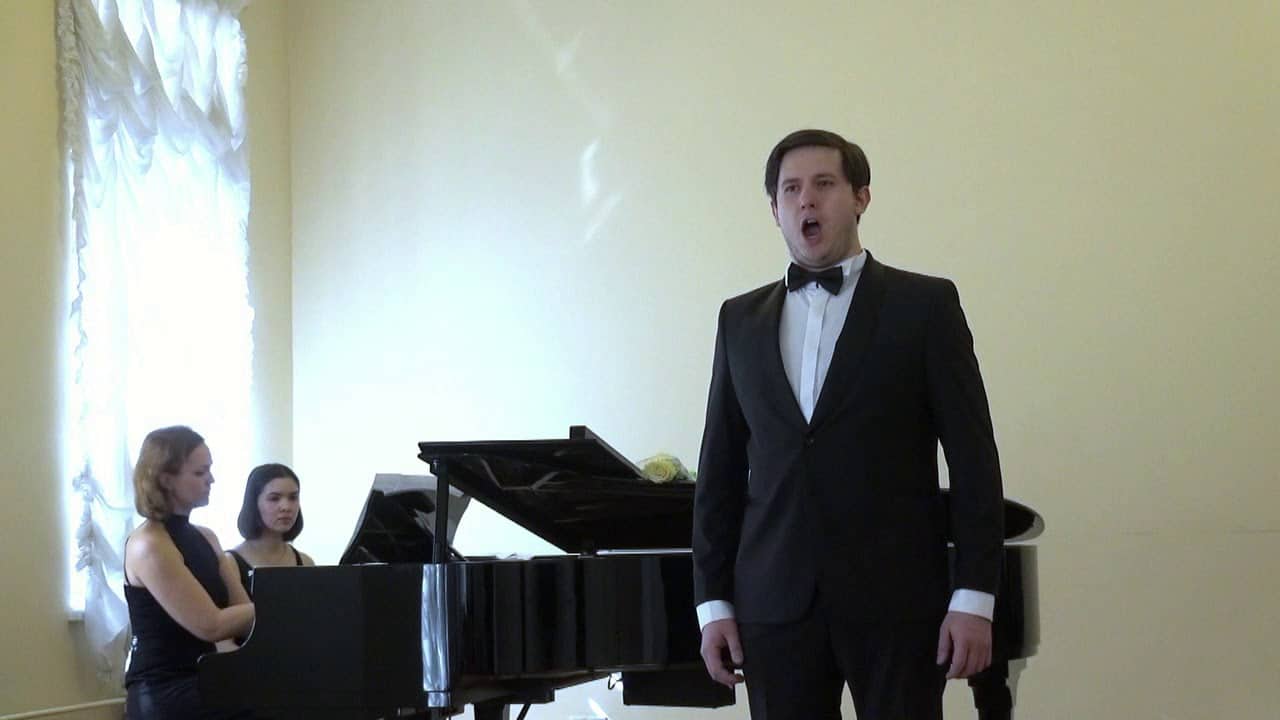Death of Robert Craft
mainWe are hearing from eminent musical personalities that Robert Craft died two days ago, on November 10, in Florida. He was 92. UPDATE: His death is now officially confirmed.
Craft spent 23 years, 1948 to 1971, as personal assistant and general amanuensis to Igot Stravinsky. He introduced Stravinsky to music old and new – Gesualdo and Schutz at one end and Webern at the other. After Schoenberg’s death, Craft facilitated Stravinsky’s transition to serialism, his third composing style.
A rebarbative man, brilliantly articulate, Craft waged wars with Stravinsky’s children and anyone who disputed his version of the old man’s life and ideas, on which he published several books.
He combined the roles of conductor, writer and custodian of the crucible. In my few dealings with him, he was exquisitely polite.

Last month, Sony reissued the Stravinsky conducts Stravinsky from the 1940s to 1960s. The set included all the authorised performances that Stravinsky’s assistant Robert Craft conducted for the label in the composer’s presence, after age and infirmity had restricted his own mobility.





A short obit from the local paper Florida Sun Sentinal.
http://www.legacy.com/obituaries/sunsentinel/obituary.aspx?n=robert-lawson-craft&pid=176477251
Craft’s role in Stravinsky’s output is very questionable, also in terms of conducting. There are recordings which maintain are conducted by S but in reality entirely led by C, and where it is questionable wether S was present. Also, S’ conducting and also C’s, was not always the best. (S’of C’s conducting Apollon is lacking any musical refinement, compared to Neville Marriner’s recording with his orchestra in 1968.)
More serious is C’s coaching S into serialism, at a moment, after The Rake’s Progress, which is a decent, well-made but rather bland work with a silly finale, when S felt ‘written-out’ and artistically and emotionally vulnerable. C’s updating of S was, in my opinion, an attempt to prevent S from stopping composing altogether, laudable from a humanitarian point of view but in an artistic sense desastrous. Fearing old age, S wanted to be counted among ‘the progressives’, while there does not exist something like ‘progress’ in art. Most of S’s late serialist works are deplorable flops – apart from one: the ‘Requickles’. There, the ice-cold sound tells something of the cold fear of death and ‘the end of everything’, in a surrealistically beautiful way. No consolation there.
The S-C book conversations strike me as highly artificial and un-Stravinsky. It sounds as a Stravinsky as invented by Craft. The periodical arrogance and looking-down upon things and people and music life is sometimes staggering, as, for instance, when Craft asks what do to about the isolation of the general music audience from new music, as if it were not the other way around, or the put-downs on Bartok or Prokofiev (who was so much more gifted in opera than Stravinsky ever could be, as recent performances and recordings testify). These things seem to come from Craft rather than Stravinsky, because Craft was a faithful modernist, a ‘cool guy’ of new music with a short haircut who sought its justification in old music, considered as cold and constructivist as serialism. Stravinsky, uprooted so many times and struggling with his cultural identity, merely fell into a trap.
When you hear the Scherzo à la Russe, composed at the end of his so-called neoclassical period: 1944, it is pure Petrushka:
http://www.youtube.com/watch?v=q3lGqWjZDF4
It is there where his deepest cultural roots were, and his best inspiration; the piece is full of spontaneous life (as in contrast with much of his neoclassical music apart from a handful of works). That someone with such talent led himself into the serialist labyrinth, is a tragedy. Even if he used the system including little fragments of tonality (which make the Requickles digestible).
Mr Borstlap’s ‘opinions’ notwithstanding, Craft is a very important figure in 20th century music. I think history will bear this out.
Agreed. But that does not mean that any critique is taboo. And given the highly problematical situation of 20C music, that is: the modernist strand of it with its ideological battles, it may not be a recommendation to be an important figure of 20C music.
The history of 20C music will be rewritten when the dust has settled-down, and it will look completely different from received wisdom. And Stravinsky will not escape this revision, neither will Craft.
My impression is that the bond between S and C was much more emotionally and psychologically defined than musically, that was merely the surface of it. It is theoretically possible that someone like Craft could have come along and had Stravinsky return to his Russian musical roots…. instead of the bland neoclassicism where he had ended, or the empty serialism, and then we would have had more music like the Scherzo à la Russe. He would have been ‘completely outdated’ in the eyes of the blinded vultures of modern music, but the regular performance world would have layd-out the red carpet for such music.